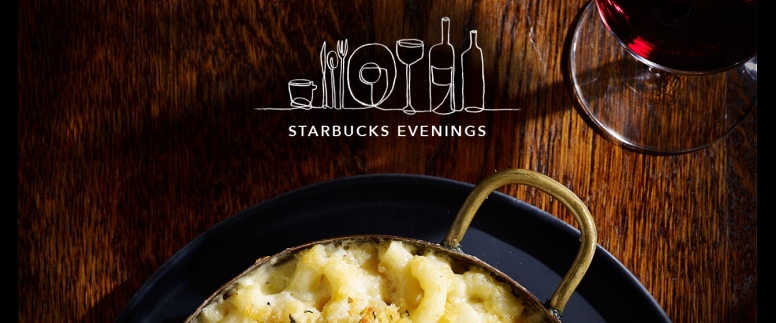
It is a sad time in England. At one time there were pubs everywhere. Increasingly, it is getting more difficult to finding them anywhere. Seriously.
Currently, there are, on average, 27 British pubs closing every week. Granted, there are over 7,000 pubs in London alone, but 27 every week, nationally is significant.
What are the causes? First and foremost is the government. Overburdening series of rules, regulations and major taxes are imposed on the industry cripples it significantly while the bureaucracy thinks it is helping.
The industry is still reeling from cheap supermarket booze. With so much social media and the tele at home, why spend time in a tavern? Just buy a bottle and go home. And besides, there is a tax on served liquor, so it really is less expensive.

There is a general decline in alcohol consumption, if you can believe that about the British. And with all those crushing regulations and taxes, more landholders are opting to close pubs and turn the buildings into flats. There is a housing boom that makes transforming old pubs into new apartments a lucrative enterprise.
And tax…did we mention that the beer tax is so steep it is literally sobering. And now, pubs face yet another competitor for their dwindling bar crowd: Starbucks.
The U.S. caffeine behemoth has set its sights on overwhelming the night-time trade -- by selling beer and wine to the after-work crowd starting at 4 p.m. Starbucks has already opened a handful of what it calls "Starbucks Evenings" locations, including one in central London.

Here is their pitch: We’ve always been your neighborhood spot where you can take a moment to unwind, grab a well-deserved treat, and meet up with friends. But sometimes, you just want a glass of wine and a delicious bite to eat without going to a bar or making a restaurant reservation.
Anthony Pender, chairman of the British Institute of Innkeeping, told me he regards Starbucks as "the most serious threat" to the industry. He also owns a coffee shop that generates much higher profit margins than his pubs; Starbucks, he says, will be able to make publicans an offer they can't refuse, inheriting properties with ready-made licenses to sell alcohol.
There's been a contraction in Britain's pub universe in recent years, according to the British Beer & Pub Association. Paul Oakley, the BBPA's statistician, told me the figures for 2015 aren't ready yet "but the long-term trend is downward and we are expecting another fall." That would extend the 25% drop in taverns seen since 1980.
Beer consumption has also declined in the past 15 years, according to the BBPA:

"Beer is too expensive," CAMRA's Page told a seminar on the brewing trade last week. With the government levying a tax worth 52 pence on every pint of beer, compared with what the seminar literature says is 4 pence in Germany, 9 pence in Belgium and 16 pence in the Netherlands, many Brits can't afford to visit a pub. That's why 63 percent of alcohol is now consumed at home. "Pubs will disappear unless they are used by consumers," Page said.
Pender says his Pubs are taxed at 34% of gross turnover, while supermarkets pay just 18 percent. One of his taverns near London's Euston Station costs him 79,000 pounds ($113,000) per year, while a nearby supermarket of about the same size pays 34,000 pounds a year. His wage costs are also higher, amounting to 30 percent of the price of a pint of beer compared with 10 percent for a supermarket.
Some sensible measures to defend pubs have already been introduced. The government has been adding to the tax on beer and spirits at every annual budget as a matter of custom. That has been halted. New rules allowing drinkers to have their favorite venue deemed to be socially useful to the local community make it a bit harder for developers to knock down taverns to build apartments.
BBPA chief executive Officer Brigid Simmonds wants local governments, who have the power to set regional business rates, to focus less on "attracting new young technology businesses." Instead, they need to recognize that squeezing pubs for 6 percent of their turnover fails to recognize that they are businesses "that in some cases may have been in the community since 1850," she said last week.
And there's the rub. Pubs are the social centers of many communities. They've made such great strides in the past decade that the phrase "pub lunch" is no longer a culinary contradiction. And a surge in small breweries means the nation has more than 1,400 beermakers, a climb of more than a third since 2013 (although recent moves by the big brewers to buy up the craft beer producers are worrying.)
What the industry wants and needs, though, is a more level playing field between pubs and supermarkets. With more people choosing to drink cut-price supermarket alcohol at home, the current tax regime makes it hard for pubs to compete. The government has a minister for pubs called Marcus Jones; I hope he's lobbying hard for more help.
American Bars notes that the Starbucks Evenings trend is already here in the U.S. and have been growing for half a decade now. It is suggested that bars and lounges take time to see what Starbucks is doing and HOW they are doing it. Then create a strategy to counteract it.
Need help? Talk to the experts at American Bars.




